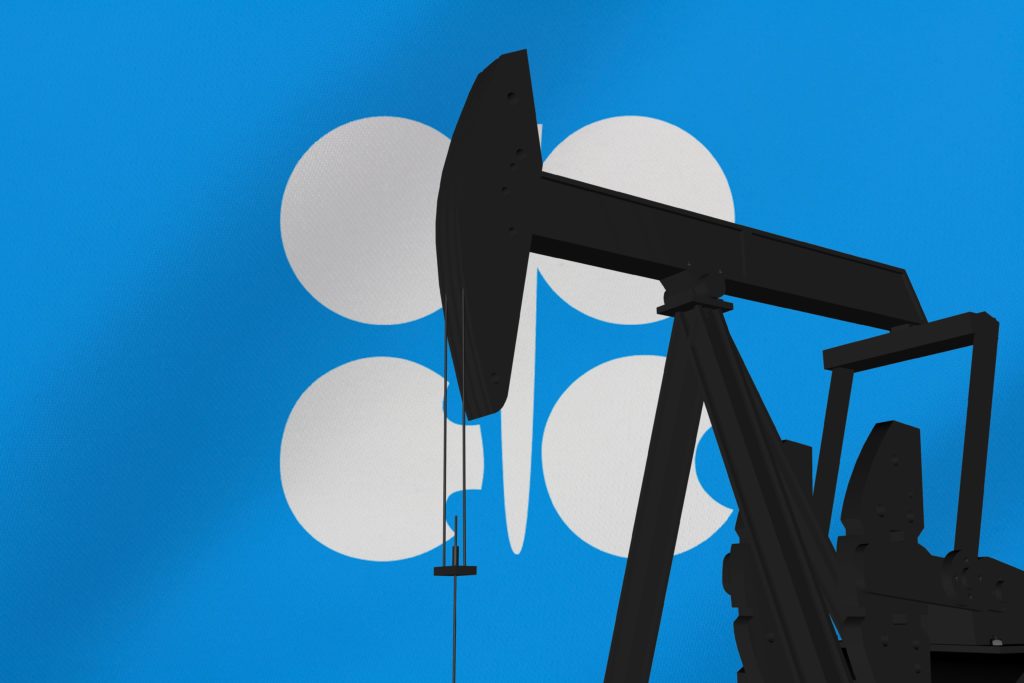BAKU
Azerbaijan has produced 566,300 barrels per day (bpd) of oil in February, down from 580,900 bpd produced in January and in line with the country’s obligations under the OPEC+ deal, the Energy Ministry said.
As the COVID-19 pandemic disrupted production as well as demand for oil, OPEC+, a group of the Organisation of the Petroleum Exporting Countries (OPEC) and allied producers of which Azerbaijan is a member, cut output by a little more than 7 million bpd to support prices and reduce oversupply. Other former Soviet oil-producing countries, Russia and Kazakhstan, are also OPEC+ members.
In April 2021, members of the group agreed to ease cuts gradually from May. The new deal agreed in September envisaged a further increase by 400,000 bpd “until the parties agree to lift the restrictions”, but Azerbaijan’s oil production would still be below 718,000 bpd produced in October 2018, when members of OPEC+ agreed to reduce oil production gradually. Baku welcomed the decision to boost production levels.
OPEC+ decided to continue to increase production by another 400,000 bpd in January 2022 amid news of a possible drop in energy demand due to a new strain of the coronavirus known as Omicron. Experts say that OPEC+ believes that could potentially cause a reduction in demand for energy in the event of strengthening restrictive measures.
In addition, OPEC said this week that oil demand in 2022 faced challenges from Russia’s invasion of Ukraine and rising inflation as crude prices soar, increasing the likelihood of reductions to its forecast for robust demand this year.
Azerbaijan is now set to produce 675,000 bpd in March and 682,000 bpd in April.
The total production of oil and gas condensate was 684,100 bpd in February, down from 700,500 bpd produced in January. The ministry said that oil production in February was below the country’s quota under OPEC+ commitments at 668,000 bpd.
“Azerbaijan’s oil production is currently at the peak of its technical capabilities, and sometimes the average daily production does not even reach the quota level set by OPEC+ for the country,” a source at the government told the Tribune.
He said that a similar situation was observed in other oil-producing countries.
“The lack of investment in previous years, repairs and military conflicts have led to the fact that, despite plans to increase, OPEC+ is currently lagging behind the plan to increase oil production by 1 million bpd, which is 1 percent of world demand,” the source said.
OPEC+ is expected to hold its next meeting on March 31.
Most of Azerbaijan’s oil production comes from the giant offshore Azeri-Chirag-Guneshli (ACG) oilfields, developed by a BP-led consortium. The country uses the Baku-Tbilisi-Ceyhan (BTC) pipeline via Georgia and Turkey to export oil from the ACG. It also exports oil through the Baku-Novorossiisk pipeline via Russia, the Baku-Supsa pipeline via Georgia and by rail in Georgia.
The BP-led consortium said in February that oil output at its projects in Azerbaijan declined to 458,000 barrels per day (bpd) last year from 477,000 bpd a year earlier.
In 2020, Azerbaijan produced 34.585 million tonnes of oil and gas condensate, while total natural gas output was 36.713 bcm.

